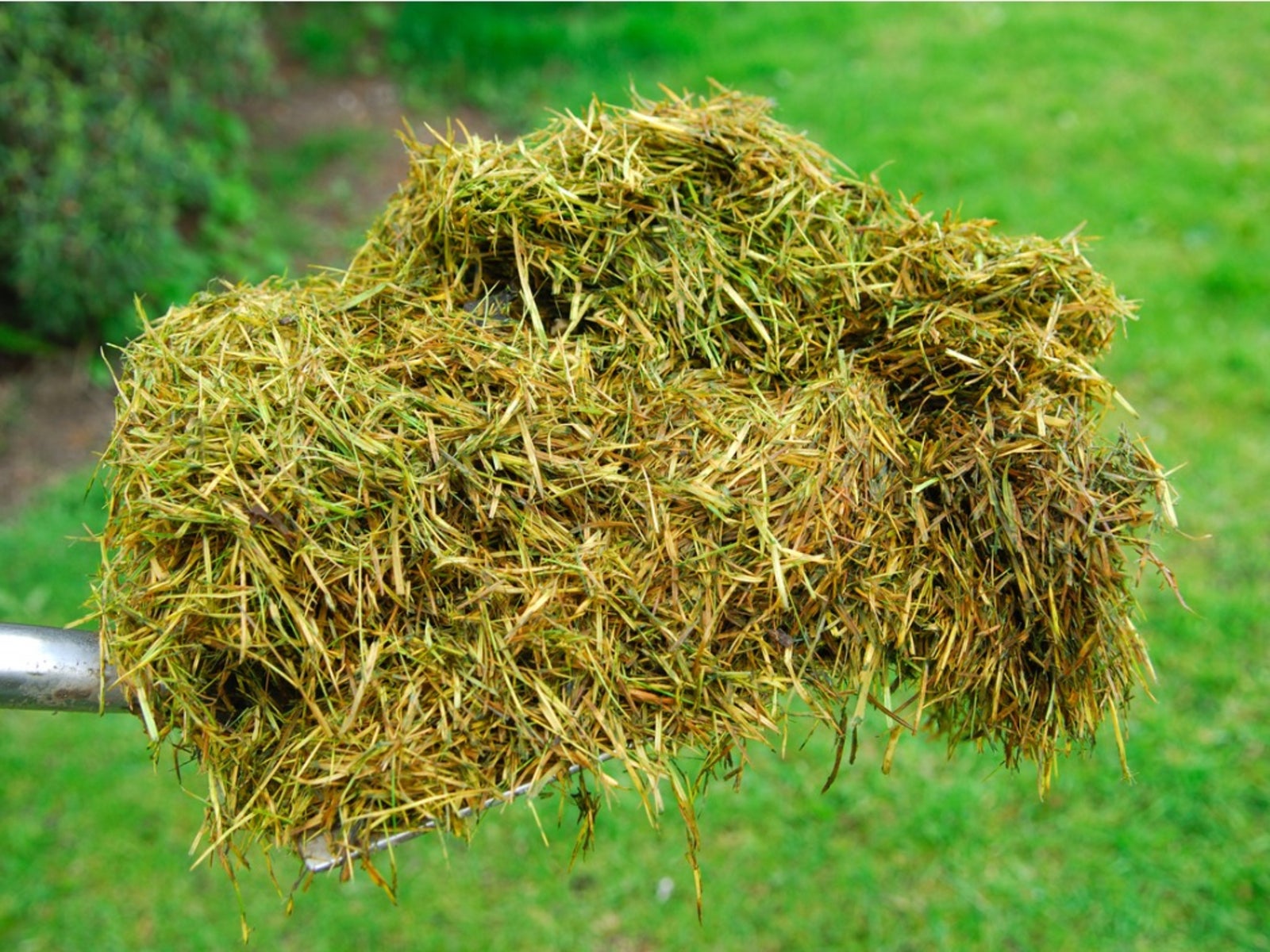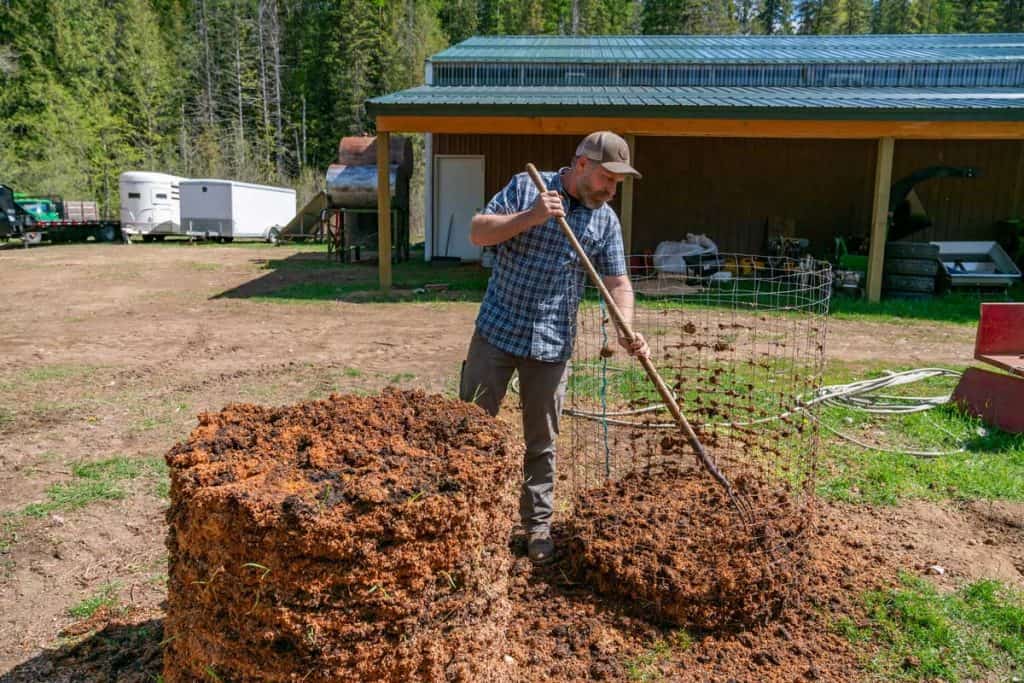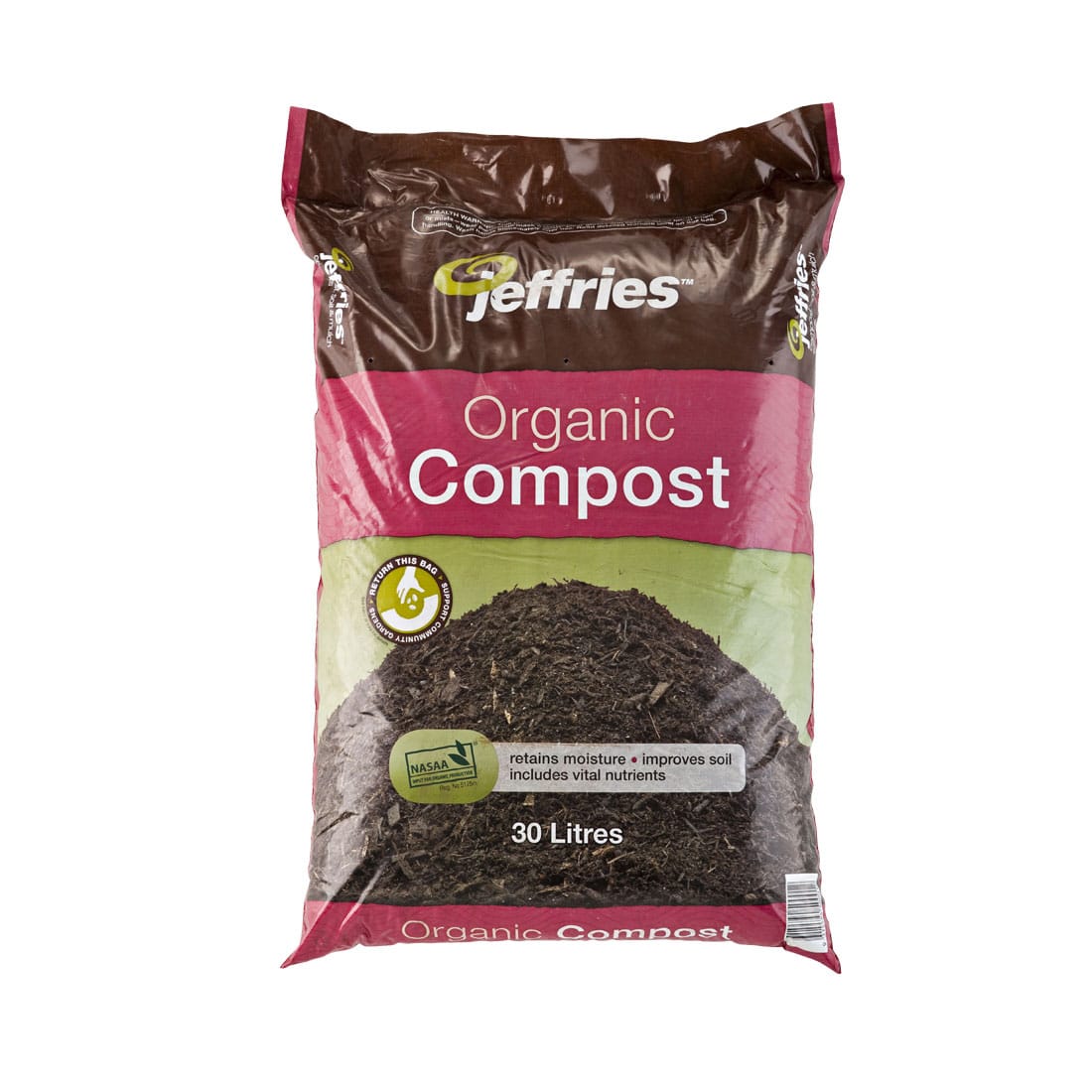How To Turn Grass Clippings Into Nutrientrich Compost In Days
Grass clippings are a great source of nitrogen for your compost pile, but they can also be a bit tricky to compost. If you don't do it right, your pile can become anaerobic and start to smell. But if you follow these simple steps, you can turn your grass clippings into nutrient-rich compost in just 7 days!
What You'll Need
- A compost bin or pile
- Grass clippings
- Brown materials (such as leaves, straw, or shredded paper)
- Water
- A pitchfork or compost aerator
Instructions
- Start by collecting your grass clippings. If you have a lawn mower with a bag attachment, you can collect the clippings in the bag. If not, you can rake them up by hand.
- Add a layer of grass clippings to your compost bin or pile. Then, add a layer of brown materials. Continue alternating layers of grass clippings and brown materials until your bin or pile is full.
- Water your compost pile until it is moist but not soggy.
- Turn your compost pile every 2-3 days. This will help to aerate the pile and speed up the composting process.
- After 7 days, your compost should be ready to use!
Tips for Composting Grass Clippings
- Keep your compost pile moist but not soggy. If it is too wet, it will become anaerobic and start to smell.
- Turn your compost pile regularly. This will help to aerate the pile and speed up the composting process.
- Add a variety of materials to your compost pile. This will help to create a balanced mix of nutrients and moisture.
- Be patient! Composting takes time, but it is worth it in the end.
Benefits of Composting Grass Clippings
- Composting grass clippings is a great way to reduce your waste.
- Composted grass clippings add nutrients to your soil, which can help to improve plant growth.
- Composted grass clippings help to improve the water retention capacity of your soil, which can help to reduce water runoff and erosion.
- Composted grass clippings help to suppress weeds and improve the overall health of your soil.
Conclusion
Composting grass clippings is a simple and easy way to improve your soil and reduce your waste. By following these simple steps, you can turn your grass clippings into nutrient-rich compost in just 7 days!
Did you know that you can compost your grass clippings? Composting is a great way to reduce waste and improve your soil quality. It's also easy to do, and you can find all the information you need at Garden Wiki.
FAQ of grass clipping compost
- What are the benefits of grass clipping compost?
Grass clipping compost is a great way to improve the health of your soil and your lawn. It is rich in nitrogen, which is essential for plant growth. It also helps to improve the drainage and aeration of the soil, making it easier for water and air to reach the roots of your plants. Composted grass clippings can also help to suppress weeds and pests.
- How do I compost grass clippings?
There are a few different ways to compost grass clippings. You can add them to a compost pile, a worm bin, or a tumbler. If you are composting in a pile, you will need to add some brown materials, such as leaves or straw, to balance the nitrogen content of the grass clippings. You will also need to turn the pile regularly to help the compost break down.
- What should I avoid when composting grass clippings?
There are a few things you should avoid when composting grass clippings. Do not add grass clippings that have been treated with herbicides or pesticides. Do not add grass clippings that are wet or moldy. And do not add grass clippings that make up more than 50% of your compost pile.
- How long does it take to compost grass clippings?
The amount of time it takes to compost grass clippings depends on a few factors, such as the size of your compost pile, the temperature, and the amount of moisture. In general, it takes about 3-6 months to compost grass clippings.
- Can I use grass clipping compost on my lawn?
Yes, you can use grass clipping compost on your lawn. It is a great way to add nutrients to the soil and improve the health of your lawn. You can apply grass clipping compost to your lawn as a topdressing or you can incorporate it into the soil.
- Are grass clippings good for the environment?
Yes, grass clippings are good for the environment. Composting grass clippings helps to reduce the amount of waste that goes to landfills. It also helps to improve air quality and reduce greenhouse gas emissions.
Image of grass clipping compost
10 different images of grass clipping compost that are free to use:
- A pile of fresh grass clippings in a compost bin.

- A close-up of grass clippings in various stages of decomposition.

- A mature compost pile that is ready to be used.

- A gardener turning a compost pile to aerate it.

- A worm bin filled with grass clippings and other organic materials.

- A bag of compost that is ready to be used in the garden.

- A plant that is thriving thanks to the use of compost.
- A sign that says "Compost your grass clippings! It's good for your lawn and your garden."

- A diagram of the composting process.
- A recipe for using compost to make your own potting mix.

Post a Comment for "How To Turn Grass Clippings Into Nutrientrich Compost In Days"